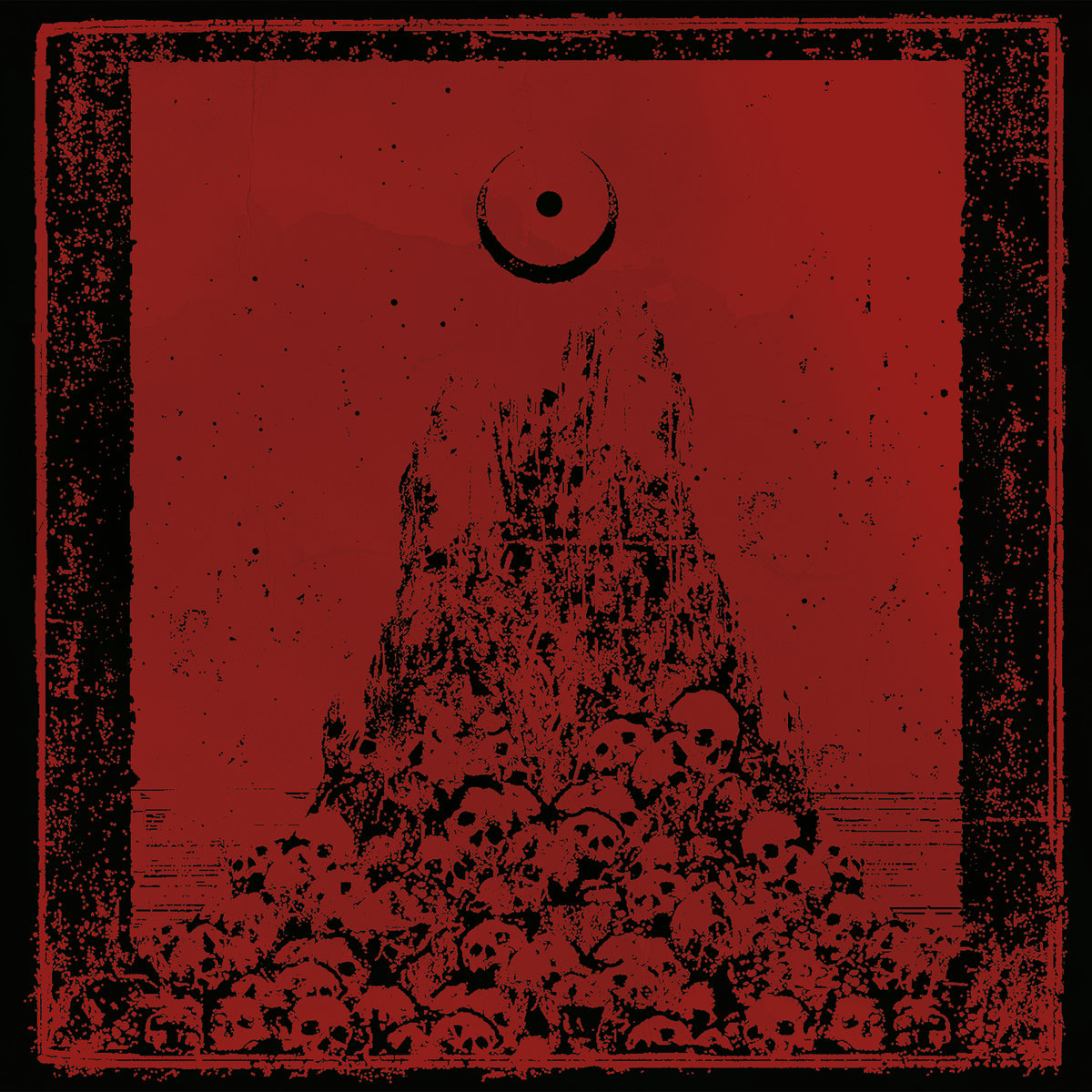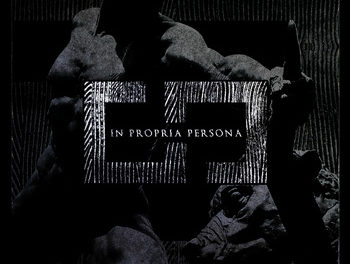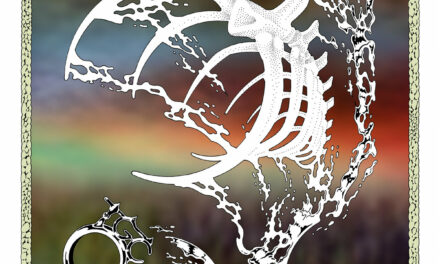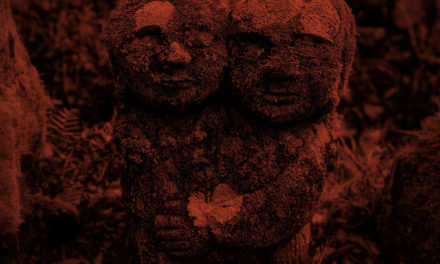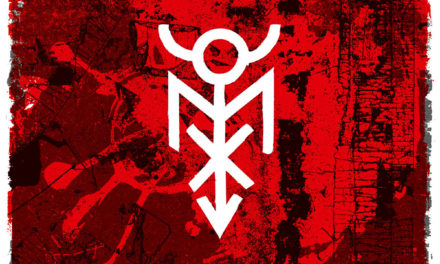
Desolation Colony
self-titled
Mannequin Records
Desolation Colony is the solo project of Joshua Strachan of Azar Swan, and the music on his self-titled EP on Mannequin records aligns in interesting fashion with that project’s various incarnations. Inspired by the writing of Jeff VanderMeer, Desolation Colony’s music wends its way through landscapes both lush and replete with primeval menace, and more stark and barren landscapes. Opener “Burn My Hands in Slow Fire” is the sole track that feels geared for modern darkwave dancefloors, its pinched synthlines and resonating stabs perched precariously on reverbed cliffs that Strachan howls desperately from. It’s a striking number, but what follows is equally intriguing; “Děčín Warning” weds throbbing drum programming to an arrangement of pitched mechanical whines and hisses and lonely synth melodies, voices appearing from the song’s gloom in barely recognizable form. “Everything Old Is New” strips things down further, leaving little more than the thud of kick drums and low humming drones for most of its runtime, the addition of percussive clatter relieving the tension created by its studied minimalism. Closer “Prisoner Cinema” takes that approach and blows it out to larger proportions, its seven minute plus length allowing it room to unfold myriad strains of fuzzed our synths, distorted vocals, and surprisingly emotive melodies, coalescing into a graspable form before breaking down again in it’s final moments to nothing, returned to the wasted landscape it was birthed from.
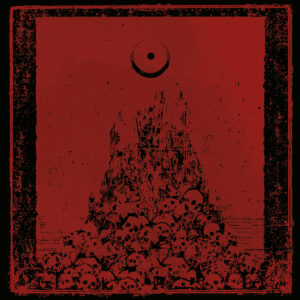
Pavor Nocturnus
Ecatombe
Cyclic Law
Occupying a hazy and smokey interzone betwixt ritual industrial and dark ambient, the latest release from Italy’s Pavor Nocturnus oozes with atmosphere. Enveloping drones, well-sculpted beats, and classical instrumentation and sampling make up the majority of Eugenio Mazza’s palette, all delivered with the sort of hi-def clarity you don’t often encounter in material which aims to be this weighty. Recorded during 2020 and 2021, the promo copy indicates that Ecatombe emerged from feelings of isolation and restriction during lockdown, and its smothering, oppressive production style certainly speaks to that experience. That said, for all of its bleak claustrophobia, the smoothness and seductive warmth of Mazza’s sound design comes across throughout, whether it’s on more clattering and beat-heavy stuff like “La Vergogna”, or on the mournful horns and woodwinds which emerge out of the deep drones of “Abisso” to offer something between Philip Glass and dark jazz. Likely to appeal to those who can appreciate Treha Sektori, or perhaps latter era m² releases, the experience of being buried has never felt as oddly pleasurable as it does on Ecatombe.

